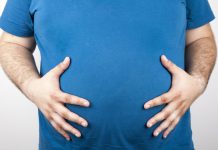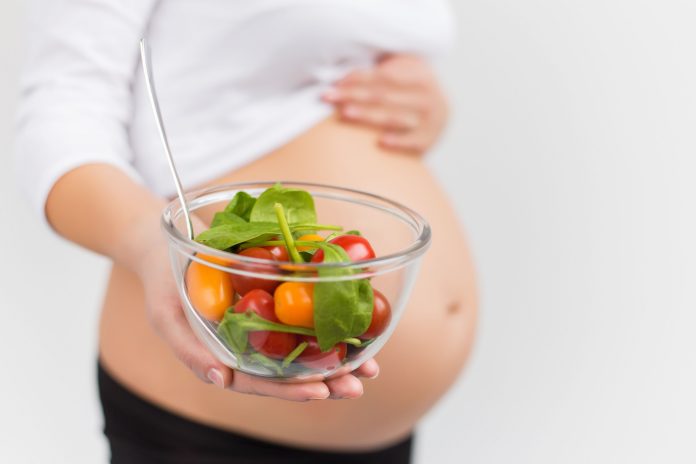Pregnant women need to ensure that their diet provides enough nutrients and energy for the baby to develop and grow properly. They also need to make sure that her body is healthy enough to deal with the changes that are occurring.
For a healthy pregnancy, the mother’s diet needs to be balanced and nutritious – this involves the right balance of proteins, carbohydrates, and fats, and consuming a wide variety of plants like vegetables, and fruits.
Some women’s diets may be impacted by ethical beliefs, religious requirements, or health conditions, so checking with a doctor is an important part of planning a pregnancy diet.
Fruit and vegetables
Aim for five portions of fruit and vegetables per day. They may be in the form of juice, dried, canned, frozen, or fresh. Fresh and frozen (if frozen soon after picking) produce usually have higher levels of vitamins and other nutrients.
Experts stress that eating fruit is usually better for you than just drinking the juice, as natural sugar levels in juice are very high. Consider vegetable juices like carrot or wheatgrass for dense nutrition.
Protein
Healthful, animal-sourced proteins include fish, lean meat, and chicken, as well as eggs. All pregnant women and especially vegans should consider the following foods as good sources of protein:
Quinoa – known as a “complete protein,” it includes all the essential amino acids.
Tofu and soy products.
Beans, lentils, legumes, nuts, seeds, and nut butters are a good source of protein and iron.
Fats
Fats should not make up more than 30 percent of a pregnant woman’s diet. Researchers from the University of Illinois reported in the Journal of Physiology that a high-fat diet may genetically program the baby for future diabetes.
Fiber
Wholegrain foods, such as wholemeal bread, wild rice, wholegrain pasta, pulses like beans and lentils, fruit, and vegetables are rich in fiber.
Women have a higher risk of developing constipation during pregnancy; eating plenty of fiber is effective in minimizing that risk. Studies have shown that eating plenty of fiber during pregnancy reduces the risk or severity of hemorrhoids, which also become more common as the fetus grows.
Calcium
It is important to have a healthy daily intake of calcium. Dairy foods, such as cheese, milk, and yogurt are rich in calcium. If the mother is vegan, she should consider the following calcium-rich foods; calcium-fortified soymilk and other plant milks and juices, calcium-set tofu, soybeans, bok choy, broccoli, collards, Chinese cabbage, okra, mustard greens, beans, kale, and soynuts.
Zinc
Zinc is a vital trace element. It plays a major role in normal growth and development, cellular integrity, and several biological functions including nucleic acid metabolism and protein synthesis.
Since all these functions are involved in growth and cell division, zinc is important for the development of the fetus. The best sources of zinc are chicken, turkey, ham, shrimp, crab, oysters, meat, fish, dairy products, beans, peanut butter, nuts, sunflower seeds, ginger, onions, bran, wheat germ, rice, pasta, cereals, eggs, lentils, and tofu.























